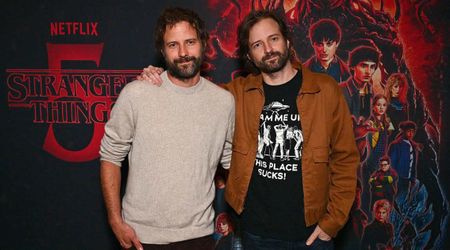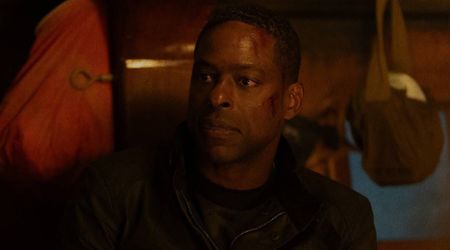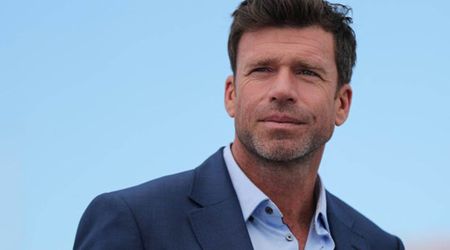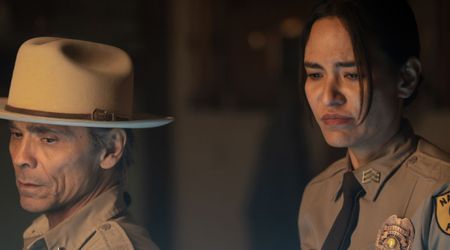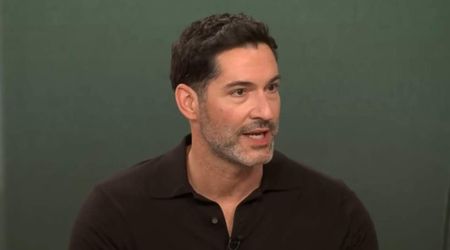'Wu-Tang: An American Saga' episode 5 is all about Mitchell 'Divine' Diggs, but how important was he to the group's formation?

Hulu's 'Wu-Tang: An American Saga' follows the format of focusing on one character in each episode and this week the focus is Bobby Diggs' (aka the RZA's) older brother, Mitchell "Divine" Diggs. Divine was caught by the police early on in the series for selling drugs and in the previous week's episode, his mother, on a lawyer's advice convinced him to plead guilty to using cocaine rather than selling it, in order to reduce his sentence. That strategy seemed to work as Divine is released on parole by the judge.
The viewers got to learn more about Divine this week - the child he was before he started selling drugs, the house he got for his family, his girlfriend Nia, and so forth. While Bobby thinks Divine will be happy with his hustle, his older brother is quite simply angry. And while it's best for Divine to stay out of the business while he's on parole, Divine increasingly feels the urge to get back in it, fueled by his need to support the family. And by the end of the episode, he is seen with a package of cocaine. Julian Elijah Martinez does a brilliant job of portraying the complexities of this real-life character.
Divine was crucial in the early days of the group and a cold businessman. He played the role of a silent investor, along with Oliver "Power" Grant and executive produced the group's albums. While the RZA made the music, Divine would manage the group, reading contracts, negotiating deals and treating the group like the money-making machine it ended up as. Divine was also responsible for diversifying the group name. In 1995, he launched Wu-Tang: Shaolin Style, the group’s popular video game for PlayStation, as well as the Wu Wear clothing line with Power. The Wu Wear clothing line became popular enough to open up multiple Wu Wear stores across the United States. In 1997, Divine's negotiations for the group helped set an industry record for securing a $4 million recording fund for the album “Wu-Tang Forever”.
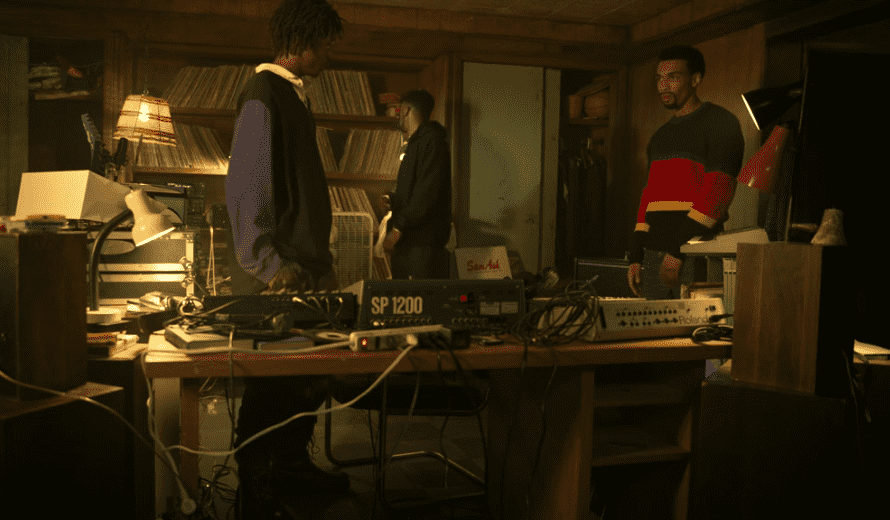
If you look up about Divine, one of the things you will find out first is that he is no longer on speaking terms with the members of the Wu-Tang Clan. The fallout between Divine and the members is chronicled in Showtime's documentary 'Of Mics and Men' directed by Sacha Jenkins. His tactics often put his relationships with the group's members on the line because of what they perceived as shady business tactics, especially when he refused to release them from their contracts with Wu-Tang Productions. It was the RZA who eventually convinced his older brother, saying "if you don't let 'em go, you'll never have them". However, he still plays a big role in managing the RZA's business affairs today.
Meanwhile, episode 5 shows us that things get worse before they get better. Even though Bobby got the idea of Staten Island's rappers working together, there is still the rivalry between Park Hill and Stapleton hoods that needs to be worked out. The same goes for Divine as well. He could perhaps be going back to the same as he was doing before. But eventually, we will get to see how he ended up making Wu-Tang one of the biggest names in the music industry.



